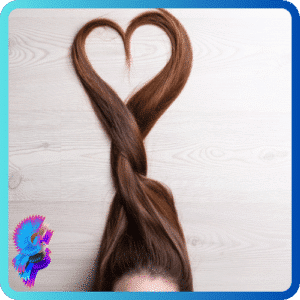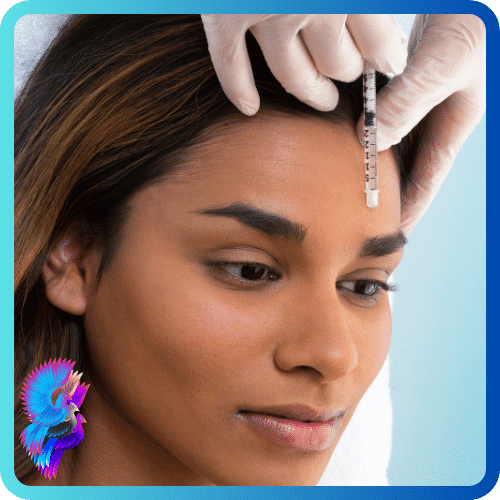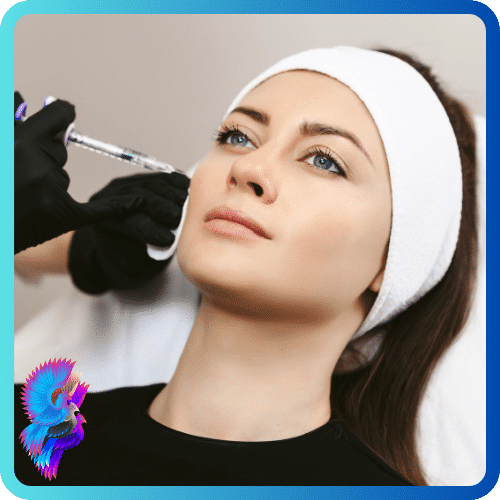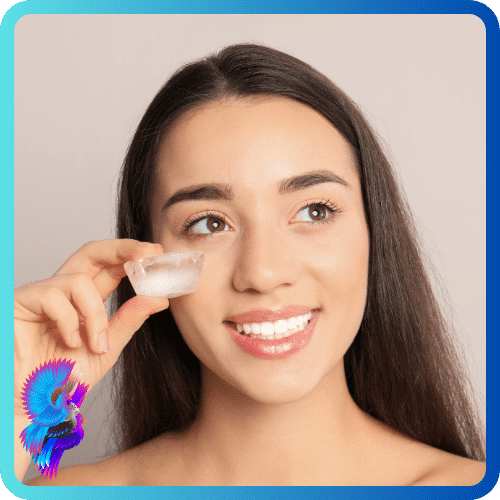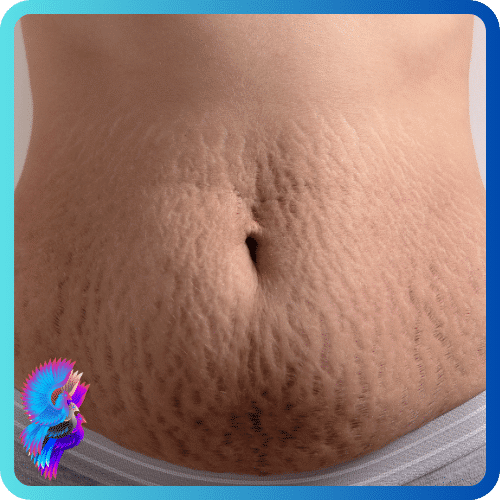Advertisements
8 Expert Tips You Need to Know
Hair is one of the most important aspects of your appearance, especially during your teenage years.
It can express your personality, style, and mood.
But it can also be a source of frustration, as hormones, stress, and environmental factors can affect your hair’s health and appearance.
Whether you have dry, oily, curly, or straight hair, you need to take care of it properly to keep it shiny, strong, and beautiful.
Here are eight hair care tips every teen should know:
1. Get regular trims and haircuts.
Even if you are growing your hair long, you should trim the ends every six weeks to prevent split ends and breakage.
A fresh haircut can also give you a new look and boost your confidence.
2. Avoid extremely hot water.
Hot water can strip your hair of its natural oils and moisture, making it dry, brittle, and dull.
Use lukewarm or cool water to wash your hair, and finish with a cold rinse to seal the cuticles and add shine.
3. Use gentle products suitable for your hair type.
Not all shampoos and conditioners are created equal.
Some may contain harsh chemicals like sulfates, parabens, or silicones that can damage your hair or cause buildup.
Choose products that are formulated for your hair type and needs, and look for natural ingredients like coconut oil, aloe vera, or shea butter.
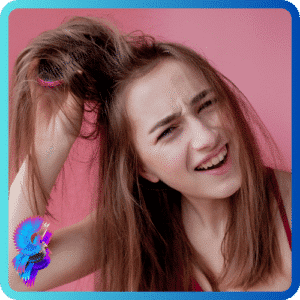
4. Limit the use of styling tools and treatments.
Blow dryers, curling irons, flat irons, hair dyes, perms, and relaxers can all cause heat damage, color fading, dryness, frizz, and breakage to your hair.
If you use these tools or treatments, make sure to apply a heat protectant spray or serum beforehand and use the lowest temperature setting possible.
You can also try alternative methods to style your hair without heat, such as braids, buns, twists, or rollers.
5. Eat a nutrient-dense diet.
Your hair reflects what you eat.
If you want healthy hair, you need to nourish it from within with a balanced diet that includes protein, iron, zinc, biotin, vitamin C, omega-3 fatty acids, and antioxidants.
These nutrients can help your hair grow faster, stronger, thicker, and shinier.
Some of the best foods for your hair are eggs, salmon, spinach, nuts, seeds, berries, citrus fruits, and avocados.
6. Use conscious hair products.
Some hair products can contain ingredients that are harmful to your health or the environment.
For example, some shampoos and conditioners can contain sulfates that can irritate your scalp or eyes or pollute the waterways.
Some hair sprays and gels can contain alcohol, which can dry out your hair, or flammable substances that can cause accidents.
Some hair dyes can contain ammonia, which can damage your hair or cause allergic reactions. To avoid these risks, look for products that are organic, natural, vegan, cruelty-free, sulfate-free, paraben-free, silicone-free, alcohol-free, or ammonia-free.
7. Protect your hair from the sun, salt, or chlorine.
The sun, salt water, and chlorine can all have negative effects on your hair.
They can fade your color, dry out your hair, make it brittle, and cause split ends.
To protect your hair from these elements, you can wear a hat or a scarf when you go outside, use a swim cap when you go swimming, or apply a leave-in conditioner with SPF before exposing your hair to the sun or water.
You can also rinse your hair with fresh water after swimming to remove any salt or chlorine residues.
8. Treat dandruff as soon as it appears.
Dandruff is a common problem among teens, caused by an overgrowth of yeast on the scalp that produces flakes of dead skin cells.
Dandruff can be embarrassing, itchy, and uncomfortable.
To treat dandruff, you need to use a shampoo that contains anti-fungal ingredients like zinc pyrithione, selenium sulfide, or ketoconazole.
You should also avoid scratching your scalp, as this can worsen the condition and cause infections.
You can also try some home remedies like apple cider vinegar, tea tree oil, or lemon juice to balance the pH of your scalp and reduce inflammation.
These are some of the best hair care tips every teen should know.
By following these tips, you can keep your hair healthy, beautiful, and manageable.
Remember that your hair is part of who you are, so treat it with respect and love.
Advertisements

